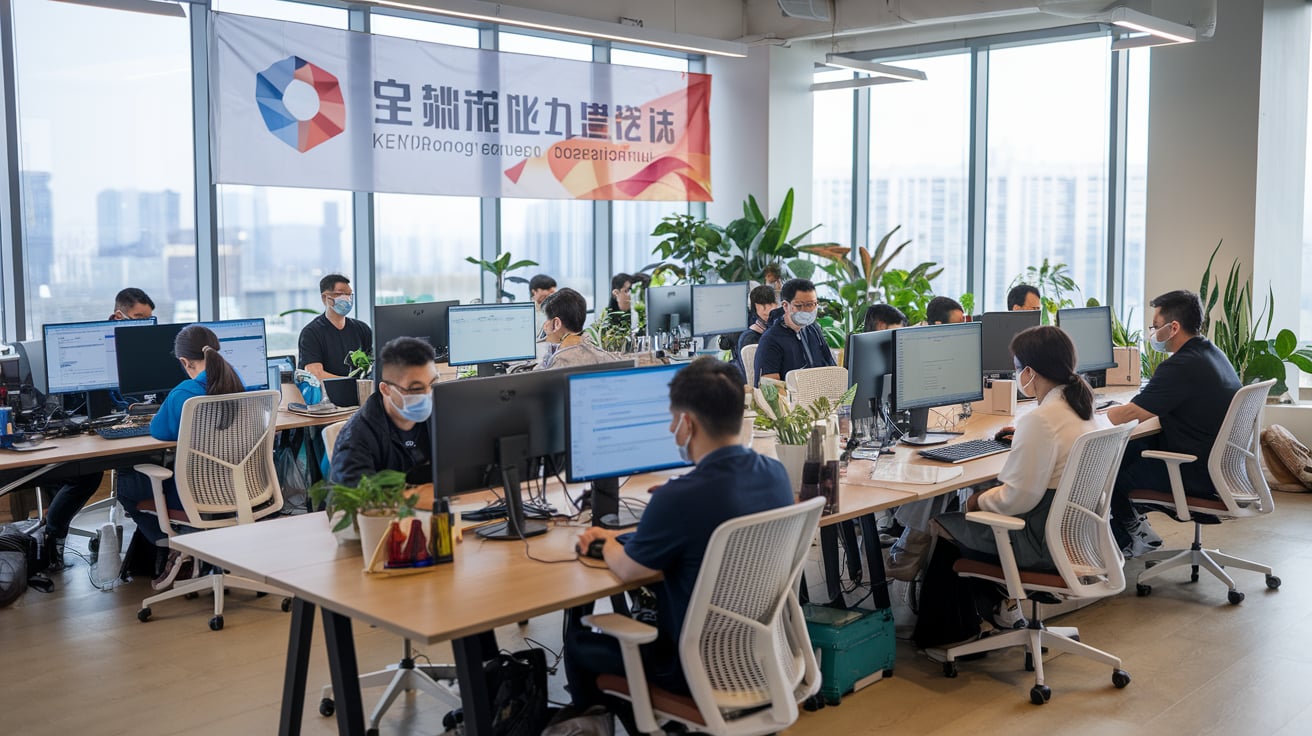
Chinese organizations are leveraging cloud services from Amazon and its competitors to access advanced U.S. AI chips and capabilities that are otherwise restricted, according to an investigative report by Reuters. The report, based on public tender documents, reveals that Chinese entities are obtaining these technologies through intermediaries, circumventing U.S. export controls on high-end AI chips.
Reuters' investigation uncovered over 50 tender documents from the past year, indicating that at least 11 Chinese entities sought access to restricted U.S. technologies or cloud services. Notably, four of these documents explicitly mentioned Amazon Web Services (AWS) as the cloud provider, although access was facilitated through Chinese intermediaries rather than directly from AWS.
AWS has stated that it complies with all applicable U.S. laws, including trade regulations. However, the report highlights a significant loophole in U.S. regulations: while the direct export of high-end AI chips to China is restricted, providing access to these chips via cloud services is not currently prohibited.
One example cited in the report involves Shenzhen University, which spent 200,000 yuan (£21,925) to access cloud servers powered by Nvidia A100 and H100 chips through AWS, facilitated by the intermediary Yunda Technology Ltd Co. Similarly, Zhejiang Lab, a research institute developing its own large language model, GeoGPT, allocated 184,000 yuan to purchase AWS cloud computing services, citing insufficient computing power from domestic providers like Alibaba Cloud.
The report also details that other Chinese entities, including Sichuan University, are seeking access to Microsoft’s cloud services for AI development. The university planned to purchase 40 million Microsoft Azure OpenAI tokens for a generative AI project.
The findings have raised alarms among U.S. officials and lawmakers, who are concerned about the implications for national security. Michael McCaul, chair of the U.S. House of Representatives Foreign Affairs Committee, expressed concern over the loophole, urging for more stringent regulations.
In response, the U.S. Commerce Department is working to tighten rules and has proposed a new regulation requiring U.S. cloud computing firms to verify the identity of users and notify authorities when large AI models are being trained, particularly those capable of malicious activities.
The Reuters report underscores the challenges of regulating access to advanced computing resources in a globalized technological landscape. As the U.S. government seeks to close this regulatory gap, the situation raises broader questions about the effectiveness of current export controls and the need for more comprehensive laws to manage cloud-based access to restricted technologies.
These revelations are likely to intensify discussions around technology transfer, national security, and the global AI race, as policymakers and industry leaders grapple with how to balance technological advancement with security concerns in an increasingly interconnected world.